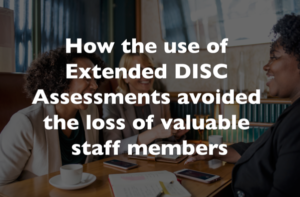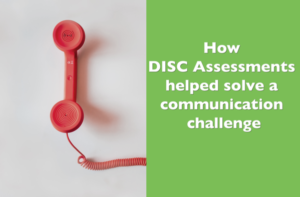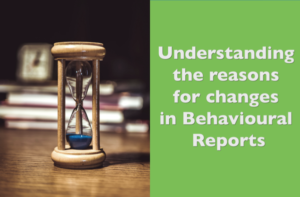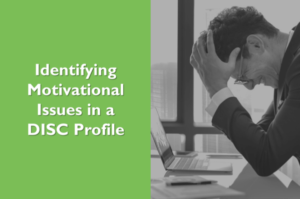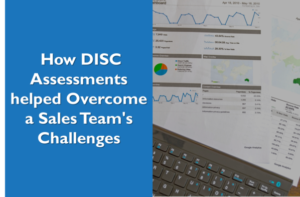Understanding DISC assessment validity is important for anyone using behavioural reports in coaching or development. Most people agree that the reports are highly accurate. Many confirm the insights immediately. Others agree with the majority of the results but sometimes question parts of the “Development Areas” section. This usually happens because no one enjoys reading what they interpret as weaknesses, even though this is not the purpose of DISC assessments.
Why Development Areas Are Often Misunderstood
Extended DISC® reports clearly explain how the Development Areas section should be interpreted. These points are not a list of weaknesses. They highlight behaviours that can appear when someone is stressed or overly enthusiastic. Many candidates skip this explanation and react only to the bullet points. One of our clients recently encountered this situation with an executive named Sophie.
Introducing Sophie and the Coaching Process
A business coach we work with was asked by the CEO of a large privately held organisation to help one of their key executives. Sophie was performing well, and both she and the CEO wanted to improve her performance further. Because Sophie was motivated and open to development, the coach recommended a FinxS Behavioural Report to establish a baseline.
Sophie was excited to review her personalised report. It had been tailored by the coach to uncover blind spots and prompt deeper thinking. The coach believes a good assessment should reveal new insights, not simply repeat what a candidate already knows.
A Common Reaction: Accepting Strengths, Questioning Development Areas
The coach always asks clients to read their reports in his presence so he can observe their reactions. Sophie immediately agreed with the strengths listed. However, when she reached the Development Areas, she began to challenge them.
The report noted that she is “not frank – embellishes” and “gets excited without analysing the situation.” Sophie strongly disagreed. She explained that she had worked hard to become realistic and factual, and her training required her to analyse details thoroughly. She admitted, though, that it took a great deal of energy to stay in control of her emotions and remain objective.
Recognising Her DISC Style and Validating the Report
Anyone familiar with DISC assessments would immediately recognise Sophie as a strong “I” style. As she continued talking, she unknowingly validated the report. The more she reflected on past experiences, the more she realised the assessment was accurate. She eventually admitted that managing the behaviours described in her Development Areas required significant effort.
This helped her understand that the report was not a list of limitations. Instead, it identified situations where her natural tendencies might create challenges.
Blind Spots, Learned Behaviour, and New Awareness
Like many candidates, Sophie was not aware of some of the issues highlighted in the report. The tailored competencies chosen by the coach brought attention to factors she had never considered. She soon recognised that there were specific areas she needed to focus on.
It is also important to remember that DISC reports cannot identify learned behaviour. Many people learn to compensate for their natural style through training, experience, or routine. When this happens, they may initially question the accuracy of the report. However, learned behaviour does not change natural, unconscious tendencies. The report reflects these natural tendencies, even if the person has learned to manage them.
Helping candidates understand the difference between learned behaviour and unconscious behaviour is essential. It ensures they interpret their report accurately and use the insights effectively.
Want to Help Employees Understand Their DISC Results Better?
Use DISC Assessments with expert interpretation to reveal blind spots, strengthen communication, and support confident professional growth.


